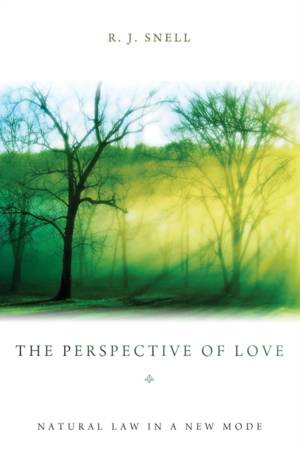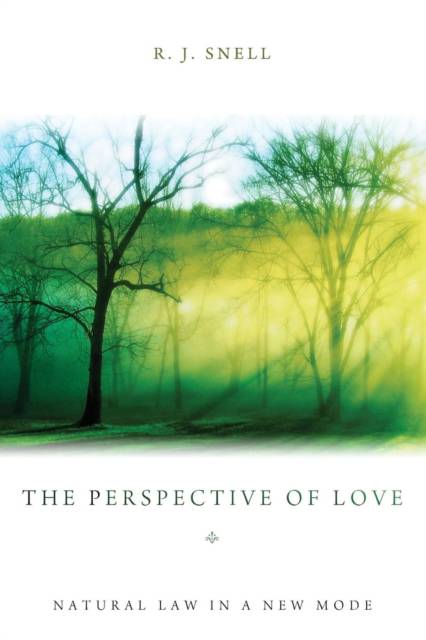
- Afhalen na 1 uur in een winkel met voorraad
- Gratis thuislevering in België vanaf € 30
- Ruim aanbod met 7 miljoen producten
- Afhalen na 1 uur in een winkel met voorraad
- Gratis thuislevering in België vanaf € 30
- Ruim aanbod met 7 miljoen producten
Zoeken
€ 40,95
+ 81 punten
Uitvoering
Omschrijving
While many of the Reformers considered natural law unproblematic, many Protestants consider natural law a "Catholic thing," and not persuasive. Natural law, it is thought, competes with the Gospel, overlooks the centrality of Christ, posits a domain of pure nature, and overlooks the noetic effects of sin. This "Protestant Prejudice," however strong, overlooks developments in contemporary natural law quite capable and willing to incorporate the usual objections into natural law. While the natural law itself is universal and invariant, theories about the natural law vary widely. The Protestant Prejudice may respond to natural law understood from within the modes of common sense and classical metaphysics, but largely overlooks contemporary natural law beginning from the first-person account of subjectivity and practical reason. Consequently, the sophisticated thought of John Paul II, Martin Rhonheimer, Germain Grisez, and John Finnis is overlooked. Further, the work of Bernard Lonergan allows for a natural law admitting of noetic sin, eagerly incorporating grace, community, the limits of history, a real but limited autonomy, and the centrality of Christ in a natural law that is both graced and natural.
Specificaties
Betrokkenen
- Auteur(s):
- Uitgeverij:
Inhoud
- Aantal bladzijden:
- 220
- Taal:
- Engels
Eigenschappen
- Productcode (EAN):
- 9781620327135
- Verschijningsdatum:
- 21/04/2014
- Uitvoering:
- Paperback
- Formaat:
- Trade paperback (VS)
- Afmetingen:
- 152 mm x 229 mm
- Gewicht:
- 299 g

Alleen bij Standaard Boekhandel
+ 81 punten op je klantenkaart van Standaard Boekhandel
Beoordelingen
We publiceren alleen reviews die voldoen aan de voorwaarden voor reviews. Bekijk onze voorwaarden voor reviews.











